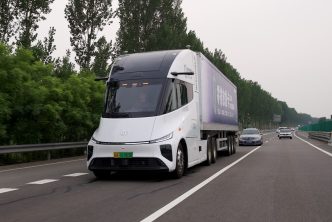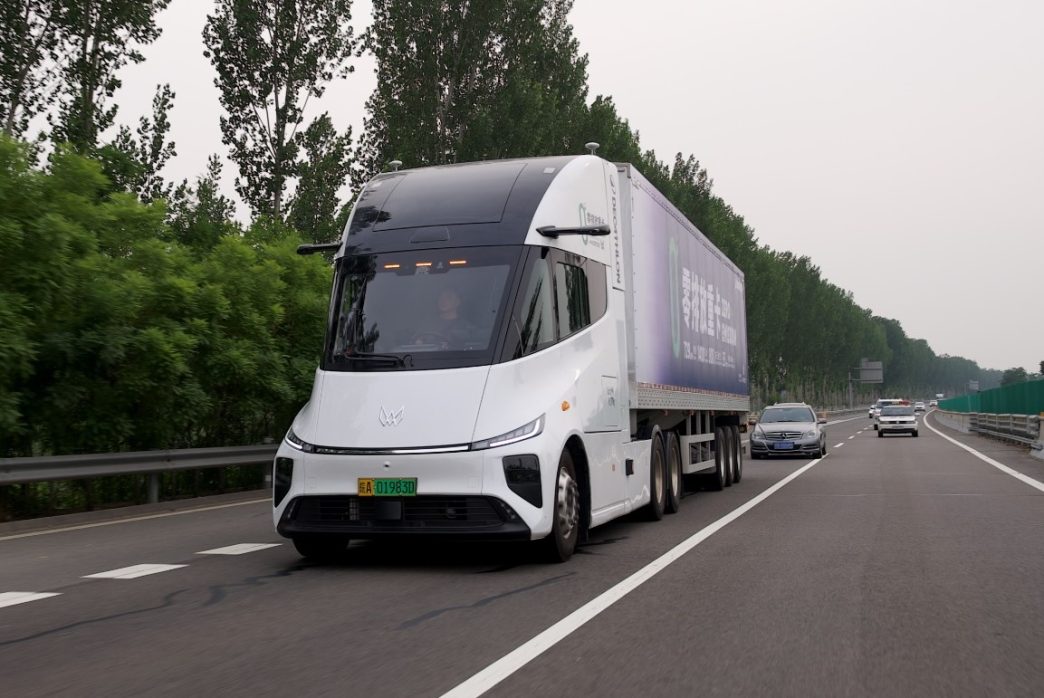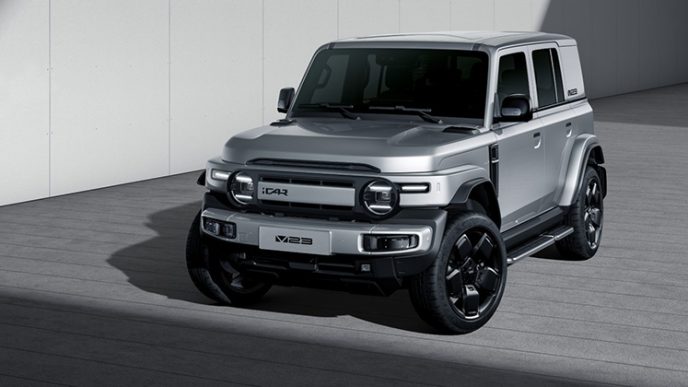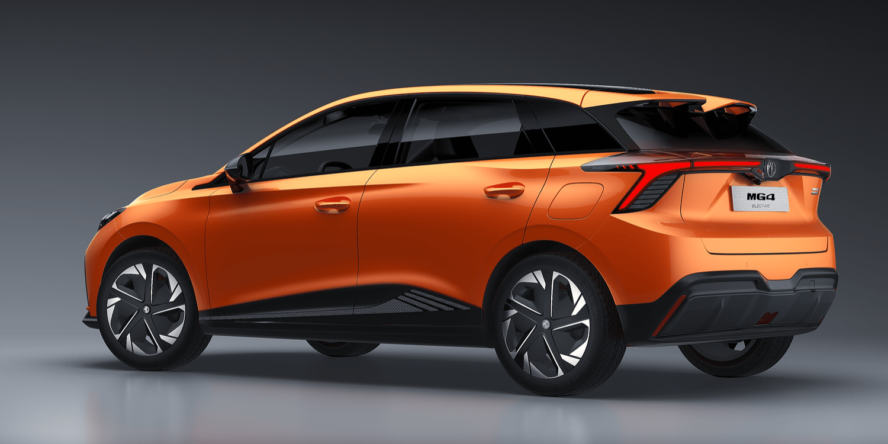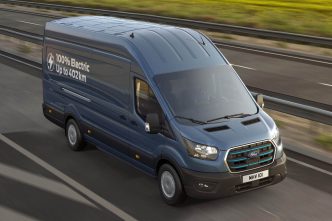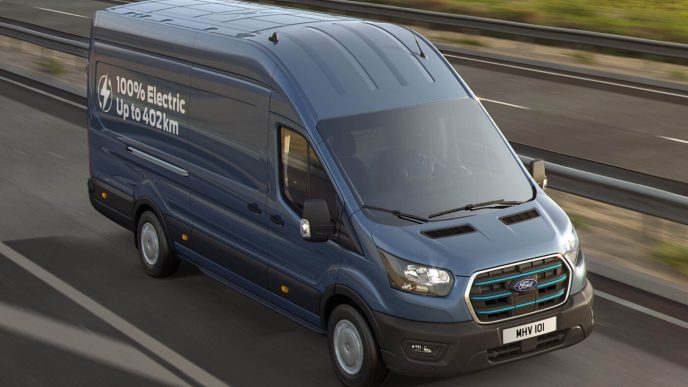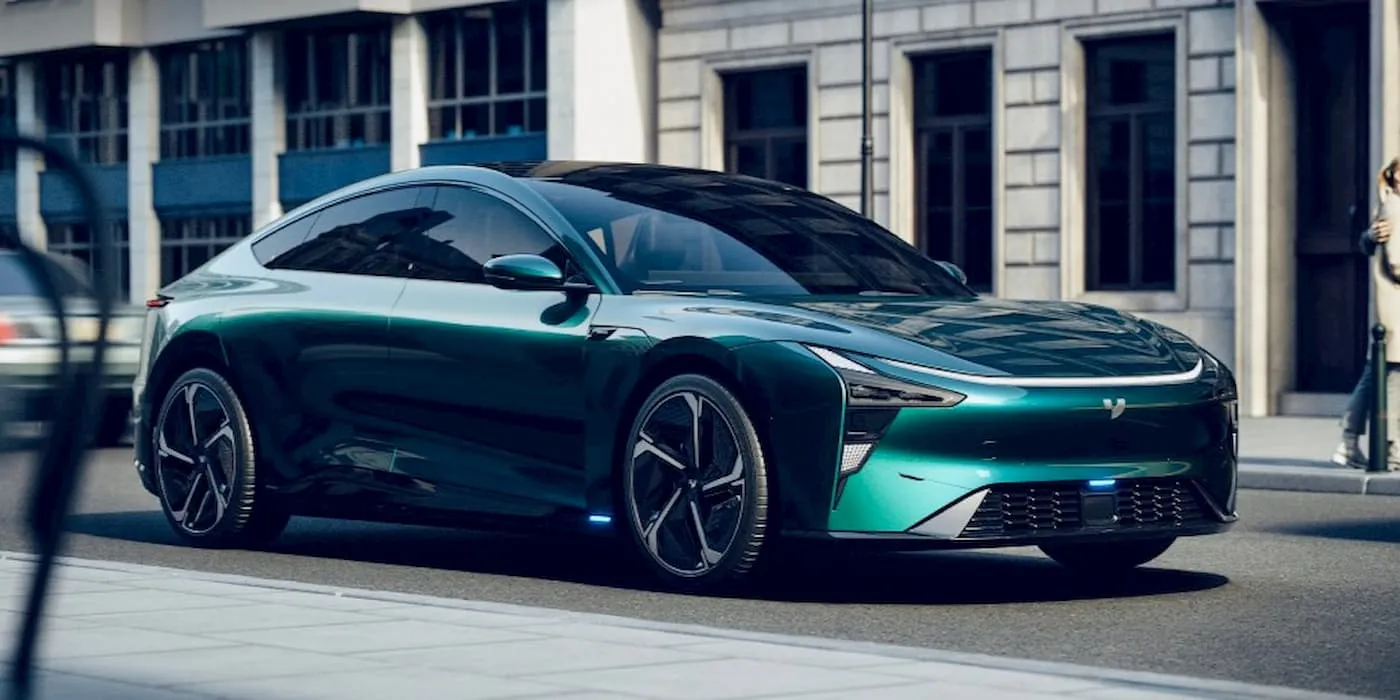Chinese companies, known for their dominance in the electric vehicle (EV) market, are expanding their reach into the electric truck sector, using a robust domestic supply chain and competitive pricing strategies. Electric trucks currently account for less than 1% of global truck sales, but China led the market with 70% of sales in 2023, according to the International Energy Agency (IEA).
“This industry, I believe, is ripe for disruption,” said Han Wen, founder of the start-up Windrose, as the company’s first electric trucks were assembled at its factory. Established firms like BYD and Beiqi Foton are also ramping up exports, delivering vehicles to countries such as Italy, Spain, and Mexico.
China’s EV ecosystem is playing a crucial role in advancing electric truck technology. Battery manufacturer CATL has introduced battery-swapping stations that allow trucks to replace depleted batteries instantly, addressing a significant challenge in the logistics industry. “We’re very lucky to have the Chinese supply chain (for EVs),” Han noted, adding that Windrose is leveraging existing facilities from an electric bus company to build its trucks.
Despite their cost advantages, Chinese electric trucks face hurdles in performance and durability, particularly in mature markets. “Historically, Chinese trucks tended to have a shorter useful life cycle than European or Japanese trucks,” said Stephen Dyer of consulting firm AlixPartners. However, he added that these perceptions are evolving as technology improves.
Range limitations also remain a barrier. The median range of Chinese heavy-duty trucks is 250 kilometers, compared to 322 kilometers for U.S. counterparts, according to the Zero-Emission Technology Inventory. BYD’s 8TT truck has a range of 200 kilometers, significantly lower than the 800 kilometers promised by Tesla’s Semi truck. Windrose, however, claims its semi-trucks can travel up to 670 kilometers on a single charge, reflecting advancements in the sector.
The global expansion of Chinese EV trucks is drawing scrutiny amid rising geopolitical tensions. Both the European Union and the United States have imposed tariffs on Chinese EV cars, citing concerns over state subsidies to automakers. “Governments in potential export markets want to protect local industries,” said Sam Fiorani of AutoForecast Solutions, warning that similar measures could target Chinese electric trucks as their presence grows.
To address these challenges, Chinese companies are diversifying their operations. BYD highlights its U.S. operations, where trucks are “assembled by union workers in Lancaster, California.” The company has also announced plans for a factory in Mexico and already operates facilities in Hungary and Romania. Windrose relocated its headquarters to Belgium this year to align with European supply chain expectations. “We do embrace the fact that every major market would like its own domestic supply chain of EV,” Han said.
Source: AFP

